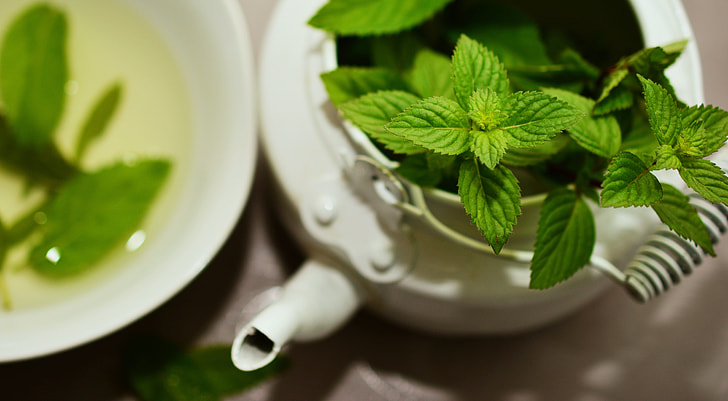
By ena ganguly
Many cultures around the world believe that herbs have a spirit of their own, and each herb has its own energy, essence and spirit within it. There are also those who believe that herbs are our friends, possibly some of the very first ones, who are ancient and wise in their ways. These beliefs generate respect and a willingness to tend to herbs which becomes embedded into a community’s culture, prioritizing the well being of herbs and ensuring that they thrive in their environments.
Many of our communities tend to use herbs when our bodies or spirits are broken and need mending in one way or another or as a daily booster to prevent sickness, so we turn to that which is most natural to us: the plants around us that care for us in deep and nourishing ways. Usually, these are the plants that are easily accessible, usually through teas or dried herbs found at the grocery or herbal stores, but also through planting/gardening and receiving from our loved ones who grow herbs.
Each and every plant is different. They have different healing properties, flavors, scents and so, so much more. Making a mixture of various dried herbs can support specific organs or energy in our body, which is an art in and of itself! In many communities, there are, and often have been, well-learned herbalists who perform herbal consultations with those in need and proceed to make a unique blend of herbs for each of their patients to support their own unique bodily experiences. Some reasons to want an herbal consultation is if you sense an increase in malaise, have an over or underactive nervous system (are experiencing emotional numbness or anxiety), or simply want to support some of your organs such as the heart or the liver more.
For those of us who do not have access to an herbalist, we may want to sit down and meditate, to see what types of herbs our intuition points us to, or do our own research online, by reading books, or asking our chosen/biological elders about what type of herbs they are familiar with and their experiences with them. Though it may be overwhelming to learn about each and every herb, even just the local ones, it’s also fun and exciting!
If you are someone who enjoys social media and wants to use that medium as a learning tool, check out this account, ‘Hood Herbalism’, which elevates Black and Indigenous histories and wisdom with herbs. Another way to learn more about herbs and how to start or build a relationship with some is by attending our virtual Community Healing Series event on June 12th at 1 PM to hear Sabina, a community herbalist, and how to make our very own connections with herbs!

